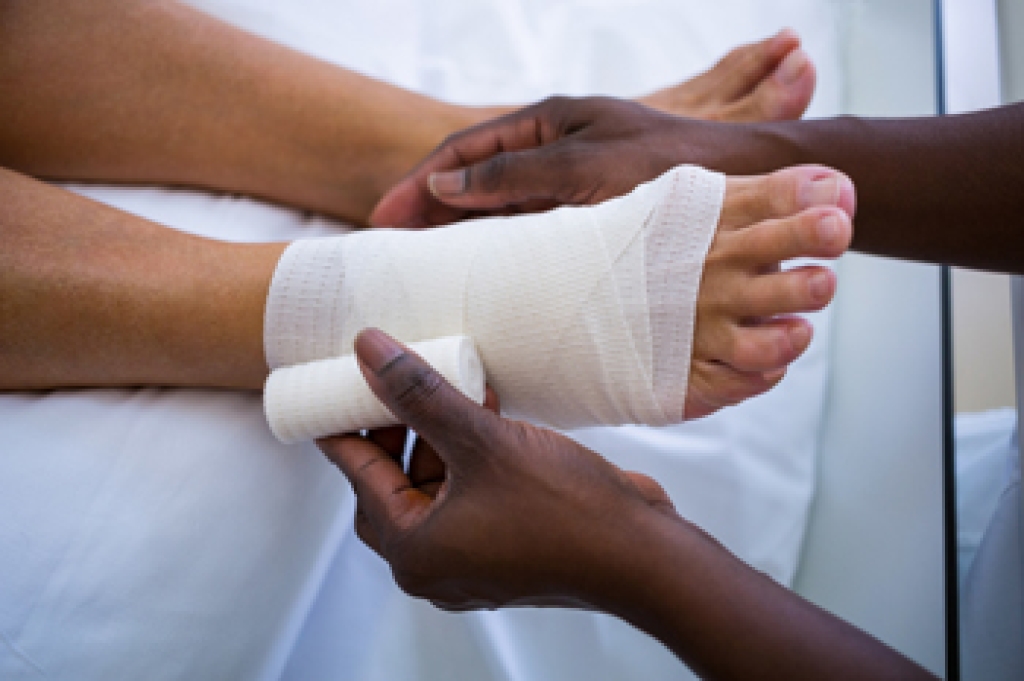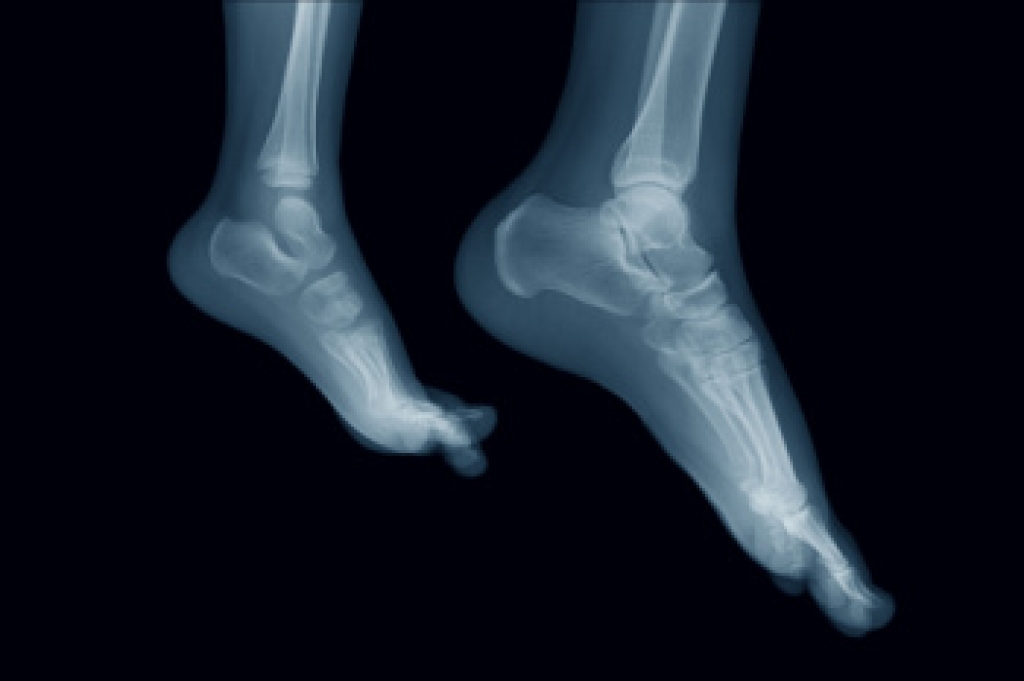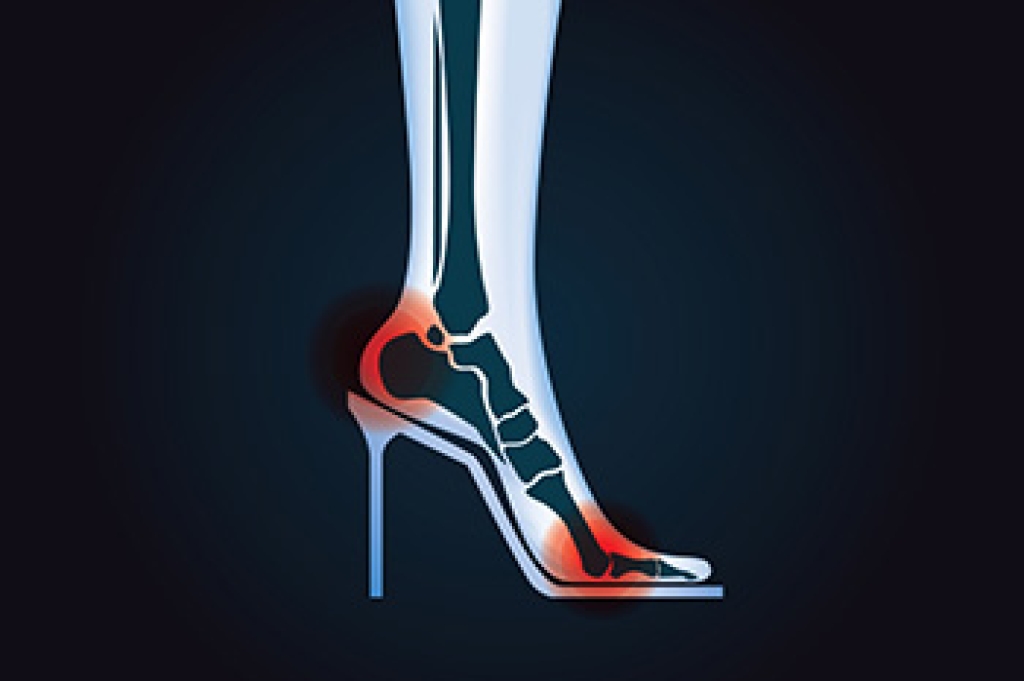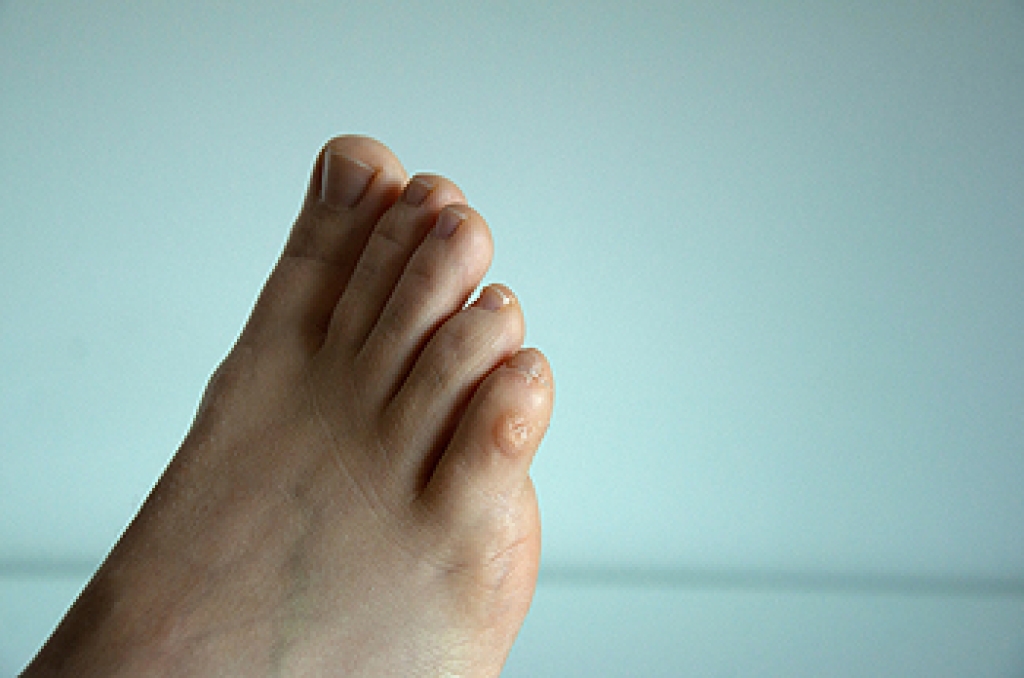
A foot ulcer is an open sore that may appear as a shallow red crater or a deep wound extending to tendon or bone. Ulcers often develop on the bottom of the foot or toes and are most common among people with diabetes, nerve damage, or poor circulation. When sensation is reduced, pressure or friction may go unnoticed, allowing skin breakdown to worsen. Limited blood flow slows healing and increases the risk of infection, cellulitis, or bone involvement. Structural deformities, arthritis, and abnormal walking patterns can also create pressure points that lead to ulcers. A podiatrist evaluates depth, tissue health, circulation, and nerve function, and may order imaging or laboratory testing to detect infection. Treatment includes removing unhealthy tissue, relieving pressure, controlling infection, and addressing biomechanical causes to promote healing and prevent recurrence. If you have developed foot ulcers, it is suggested that you make an appointment with a podiatrist for an exam, diagnosis, and treatment.
Wound care is an important part in dealing with diabetes. If you have diabetes and a foot wound or would like more information about wound care for diabetics, consult with Paul Potach, DPM from Illinois . Our practitioner will assess your condition and provide you with quality foot and ankle treatment.
What Is Wound Care?
Wound care is the practice of taking proper care of a wound. This can range from the smallest to the largest of wounds. While everyone can benefit from proper wound care, it is much more important for diabetics. Diabetics often suffer from poor blood circulation which causes wounds to heal much slower than they would in a non-diabetic.
What Is the Importance of Wound Care?
While it may not seem apparent with small ulcers on the foot, for diabetics, any size ulcer can become infected. Diabetics often also suffer from neuropathy, or nerve loss. This means they might not even feel when they have an ulcer on their foot. If the wound becomes severely infected, amputation may be necessary. Therefore, it is of the upmost importance to properly care for any and all foot wounds.
How to Care for Wounds
The best way to care for foot wounds is to prevent them. For diabetics, this means daily inspections of the feet for any signs of abnormalities or ulcers. It is also recommended to see a podiatrist several times a year for a foot inspection. If you do have an ulcer, run the wound under water to clear dirt from the wound; then apply antibiotic ointment to the wound and cover with a bandage. Bandages should be changed daily and keeping pressure off the wound is smart. It is advised to see a podiatrist, who can keep an eye on it.
If you have any questions please contact our offices located in Wheeling and Berwyn, IL . We offer the newest diagnostic and treatment technologies for all your foot and ankle needs.





